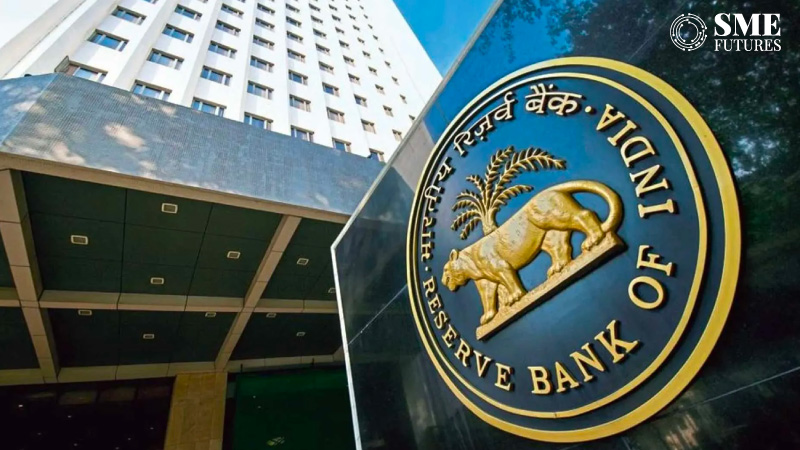In a bid to enhance oversight of the burgeoning digital payment sector, the Reserve Bank of India (RBI) has released draft regulations for payment aggregators. These regulations, which encompass various aspects including points-of-sale (PoS) activities, aim to ensure greater transparency and accountability in the operations of payment aggregators.
Under the proposed regulations, non-bank entities offering payment aggregator services, such as Razor Pay and Amazon Pay, will be required to maintain a minimum net worth of Rs 15 crore at the time of seeking authorisation from the RBI. Additionally, they must maintain a minimum net worth of Rs 25 crore as of March 31, 2028, and uphold this level of net worth thereafter.
Jyoti Prakash Gadia, Managing Director at Resurgent India, commented on the draft regulations, stating that they are intended to bring about changes in the functioning of payment aggregators. He highlighted the importance of robust KYC (Know Your Customer) procedures and emphasised the distinction between offline and online transactions. “The regulations introduce a new category, Delivery versus Payment, while excluding cash on delivery transactions from the escrow account,” he said.
Gadia further emphasised the need for clarity on various types of transactions and stressed the importance of ensuring that funds in the escrow account are used only for specified purposes, preventing any misuse of the payment mechanism for unauthorised activities.
“The payment aggregators will need to have more robust operational expertise and time bound action on completion of Know your customer requirements. All these entail better financial and more efficient functioning. The proposed regulations aim to establish a strong and sustainable payment aggregator mechanism, with an emphasis on transparency and efficiency in transactions,” he said.
The RBI has invited public comments on the draft regulations until May 31, signalling its commitment to engaging stakeholders and incorporating feedback before finalising the regulations. With the digital payment landscape in India evolving rapidly, these proposed regulations mark a significant step towards ensuring the safety and integrity of digital payment systems in the country.











